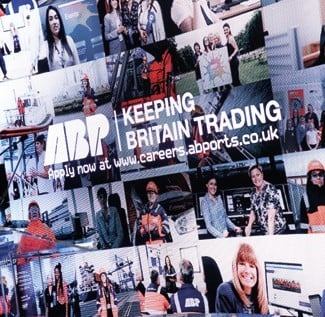Two years have passed since John Hayes MP, the then Shipping Minister, called on the UK maritime sector to take seriously its lack of diversity and gender equality at London International Shipping Week (LISW) in 2017. Since then, it is hard to deny that we’ve made a lot of progress, but our journey is far from complete.
Positive steps taken by the sector include the Women in Maritime Taskforce, of which I am proud to be Chair. Established by Maritime UK in the autumn of 2018, the Taskforce is a movement of like-minded people who want to see real change in the gender mix in our sector. It is organised in sub groups, which concentrate on the delivery side of our work. These include recruitment, retention and total package, and all have set themselves challenging goals and targets to achieve.
This year, LISW week is back, providing the ideal platform for us all to review our progress, celebrate our successes and set ambitious goals for the next two years. We will once again be encouraging companies in the sector to sign up to the Women in Maritime Taskforce's Pledge or become a Charter company, as great positive change can be sparked through this initial commitment. For instance, our four pilot Charter companies are starting to achieve some of their short-term goals. We will be rolling out the Charter to more companies, having taken on board the learnings from the pilot.



